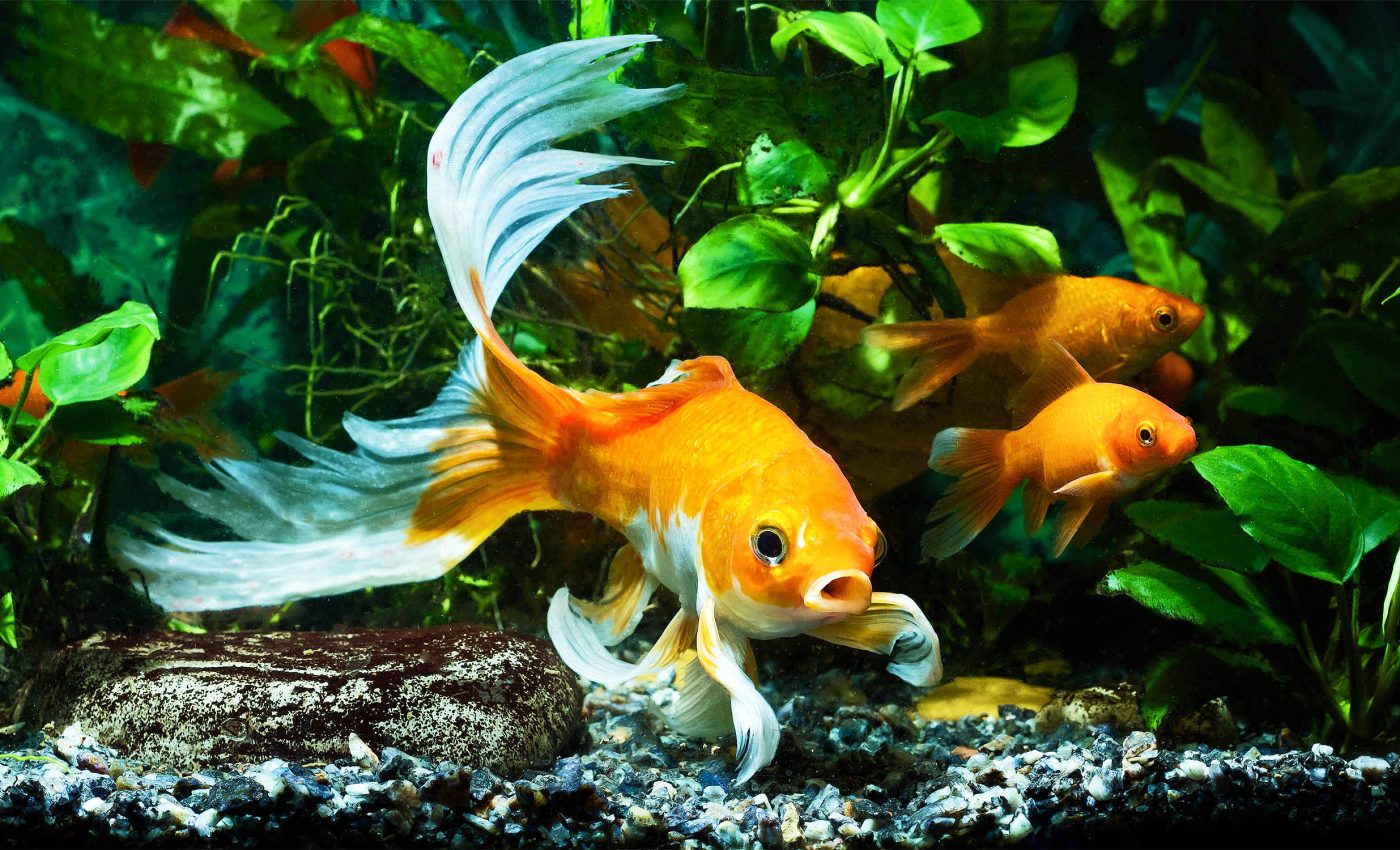
Goldfish have much better memory skills than previously believed
Have you ever heard the old wives’ tale claiming goldfish only possess a 3-second memory? If you answered yes, then you’re in the company of many. This widespread belief, however, is an outright myth.
Our little water- dwelling friends can remember things way longer than a fleeting three seconds. This might come as a surprise, but brace yourself for an enlightening journey debunking this popular misconception.
Astonishing reality of goldfish memory
The man dispelling this myth hails all the way from Australia. The research was led by Culum Brown, the myth-buster, who is an established scholar in fish cognition at the prestigious Macquarie University.
So, how long can goldfish remember something? Weeks, months, or even years, according to Brown. He points to decades-old research that confirms this.
As it turns out, our common presumption about our aquatic friends is miles off from the truth. Brown’s work on fish intelligence over the past 25 years helps shed light on this misconception, which he suspects is influenced by general ignorance about fish intelligence and pet owners’ guilt.
Goldfish memory experiment
Let’s dive into some interesting experiments that reveal these little creatures’ impressive memory capacity.
If a goldfish is regularly fed on one side of its tank, it quickly learns and remembers to congregate on that side during feeding times.
And it doesn’t stop there. If the goldfish learns that pushing a red paddle brings food but a blue one doesn’t, it will recall this distinction and show a preference for the red paddle long after the experiment ends.
“If you break it down, most of the behaviors that most animals do are adapted and fine tuned by learning a memory,” Professor Brown says.
Problem-solving, recognition, and more
But there’s more than just memory to our scaly friends. Brown’s studies show that goldfish are adept problem solvers.
For instance, they’ve been trained to escape nets and navigate mazes, and they can recall and repeat these skills weeks or even months later.
They can also recognize and remember fellow goldfish after long periods apart. Even anecdotally, many goldfish owners report that their pets can identify them – setting them apart from other humans.
Difficult time span in goldfish memory
Although it’s difficult to pin down an exact duration for goldfish memory, it’s clear that it lasts much longer than the widely accepted “3-second” myth.
Some memories, such as a frightening event, could be more impactful and long-lasting than mundane events. Regardless, the message is clear – the 3-second rumor is certainly a fish tale.
So why does the myth persist despite piles of research? Brown believes that fish have a serious PR issue, and misconceptions thrive because most people don’t interact with fish in the same way they do with other pets.
However, the tide may be changing. As more organizations disseminate information about fish intelligence, public opinion may shift, albeit slowly.
Wider implications of fish intelligence
Understanding the cognitive abilities of goldfish extends beyond mere curiosity; it invites us to reconsider the ways in which we interact with aquatic life.
Brown’s findings prompt a deeper investigation into the cognitive and emotional lives of all fish species.
As we come to recognize that fish are not just passive inhabitants of their aquatic environments but are active learners and social creatures, we must reassess our responsibilities as pet owners and aquarists.
Just as with dogs and cats, providing stimulation through varied environments and interactive toys can enhance their overall well-being.
Educational outreach and the future
To combat the entrenched myths surrounding fish intelligence, it is crucial to promote educational initiatives that highlight the findings of scholars like Culum Brown.
Schools, aquariums, and community programs can play pivotal roles in disseminating this knowledge, fostering a more informed public that values fish beyond their ornamental charm.
Future research and outreach efforts can elevate our understanding of aquatic animals, bridging the gap between public perception and scientific reality.
By embracing a more nuanced view of fish cognition, we pave the way for better practices in aquaculture and conservation, ensuring that these fascinating creatures receive the respect and understanding they deserve.
The guilt factor
But there’s another aspect to consider — the guilt factor. Brown speculates that understating goldfish memory may stem from pet owners’ guilt about confining them in small tanks.
This theory is thought-provoking, suggesting that the myth might reflect more on us than on the goldfish.
“It kind of gives us an excuse to treat them poorly, because if we have a low opinion of their intelligence, then perhaps we can abuse them and get away with it,” Professor Brown concludes.
Next time you pass by your pet or a fish tank, remember to appreciate these creatures for what they are—intelligent beings with a memory span defying popular belief.
And, if you own a goldfish, you might want to consider upgrading their home to a larger tank with fellow fish and objects for enrichment. After all, as Brown suggests, they probably remember their experiences longer than you think.
—–
Like what you read? Subscribe to our newsletter for engaging articles, exclusive content, and the latest updates.
Check us out on EarthSnap, a free app brought to you by Eric Ralls and Earth.com.
—–













